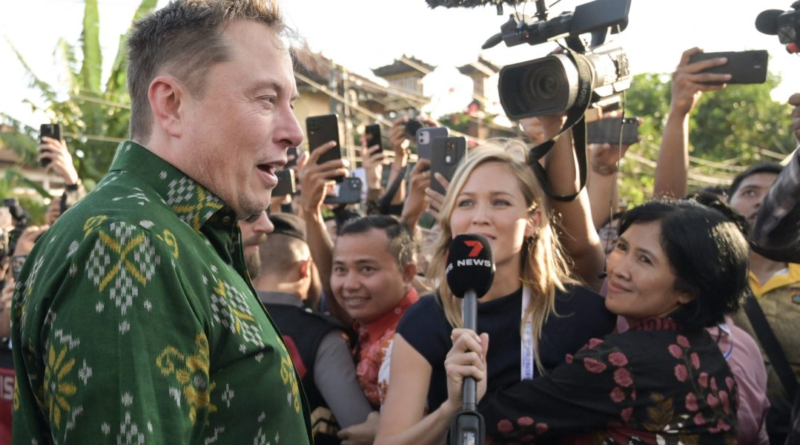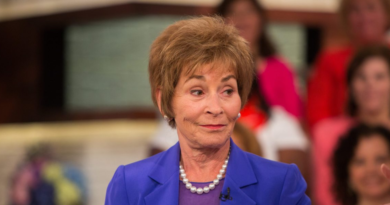Tesla investors may vote to give Elon Musk his $56 billion payday
Even if Tesla Inc. shareholders vote later this week to ratify Chief Executive Officer Elon Musk’s $56 billion pay package, it’s unlikely to reverse a judge’s decision to nullify the 2018 compensation deal.
That’s because the June 13 vote has more symbolic weight than legal power. Shareholder approval may help Tesla with an appeal or a rehearing in a new case, but it cannot overturn Chancery Court Judge Kathaleen St. Jude McCormick’s January ruling, some legal scholars say.
“People think this is like a direct democracy — that if they vote yes to re-ratify Elon’s pay plan that it will fix what Chancellor McCormick did,” said Christina Sautter, a law professor at Southern Methodist University in Dallas. “But this is unprecedented.”
Tesla called the vote as part of an unusual legal strategy. It’s seeking a redo to correct flaws in the process when shareholders approved Musk’s pay six years ago. In her ruling, McCormick pointed to director conflicts of interest and the company’s failure to properly disclose terms of his executive compensation plan.
The carmaker is banking on the Delaware Supreme Court, which will hear any appeal of McCormick’s ruling, taking a favorable view of investors re-ratifying the deal. However, Tesla alluded in its proxy to the fact that it can’t guarantee a successful outcome.
We “cannot predict with certainty how a vote to ratify Musk’s compensation would be treated under Delaware law in these novel circumstances,” the company wrote.
Win or lose, Musk and Tesla cannot file an appeal until McCormick decides the legal fees in the case and issues a final judgment.
The more clear-cut and immediate impact of the vote on Musk’s pay is that it could strengthen or weaken the billionaire’s influence on the company. As of June 7, Tesla’s shares have fallen 29% this year amid growing competition for electric vehicles and slowing sales, and the vote is widely seen as a referendum on his leadership.
Glass Lewis & Co. and Institutional Shareholder Services, two prominent proxy advisers, recommended that shareholders reject the pay package. ISS called it “outsized from the start” and said it has failed to meet some of the board’s stated objectives.
Musk’s Focus
The award is seen as a way to maintain Musk’s focus on Tesla. Since 2018, he has sold Tesla shares to purchase X, formerly known as Twitter, and started xAI, so he now oversees six companies. He’s threatened to create more AI products outside of the carmaker if he can’t build his equity position in Tesla back up to 25%, from about 13% now.
“What we recognized in 2018 and continue to recognize today is that one thing Elon most certainly does not have is unlimited time,” Board Chair Robyn Denholm wrote in a letter to shareholders last week. “Nor does he face any shortage of ideas and other places he can make an incredible difference in the world. We want those ideas, that energy and that time to be at Tesla, for the benefit of you, our owners. But that requires reciprocal respect.”
Denholm has been courting large institutional investors in the days before the vote. Tesla has also dangled an exclusive factory tour with Musk as a potential prize for shareholders who can prove they’ve cast a ballot.
Zohar Goshen, a Columbia Law School professor who specializes in corporate law issues, said launching a redo of the approval process for Musk’s pay is a proper way to rectify the flaws McCormick identified while still keeping the billionaire tied to Tesla.
“The court’s finding that Tesla failed to properly approve the compensation package in 2018 doesn’t mean that Musk isn’t entitled to any compensation for the last six years of service,” Goshen wrote in an op-ed on Bloomberg Law.
In 2018, 73% of Tesla shareholders who cast votes approved of Musk’s compensation plan. A “Vote Tesla” website the company created argues that shareholder democracy is at stake, saying: “We don’t believe one judge’s opinion should be able to overturn the decisions of millions of our stockholders.”
Moving States
Besides Musk’s compensation, shareholders will also vote on Tesla’s proposal to move its state of jurisdiction to Texas from Delaware. Tesla is already headquartered in Austin, and the company is arguing that it’s time to “make our business home our legal home.”
Charles Elson, a retired University of Delaware professor who founded the school’s Weinberg Center for Corporate Governance, said that Texas courts may take a more favorable view on Musk’s compensation plan, but this vote is unlikely to sway Delaware judges.
“I don’t agree at all with Tesla’s position that all the problems with the process of setting Mr. Musk’s pay can be wiped out with some kind of redo,” said Elson, who has filed a friend-of-the court brief in Musk’s pay case. “The only way the new vote matters is if Tesla directors decide to start the process over in a new state.”




